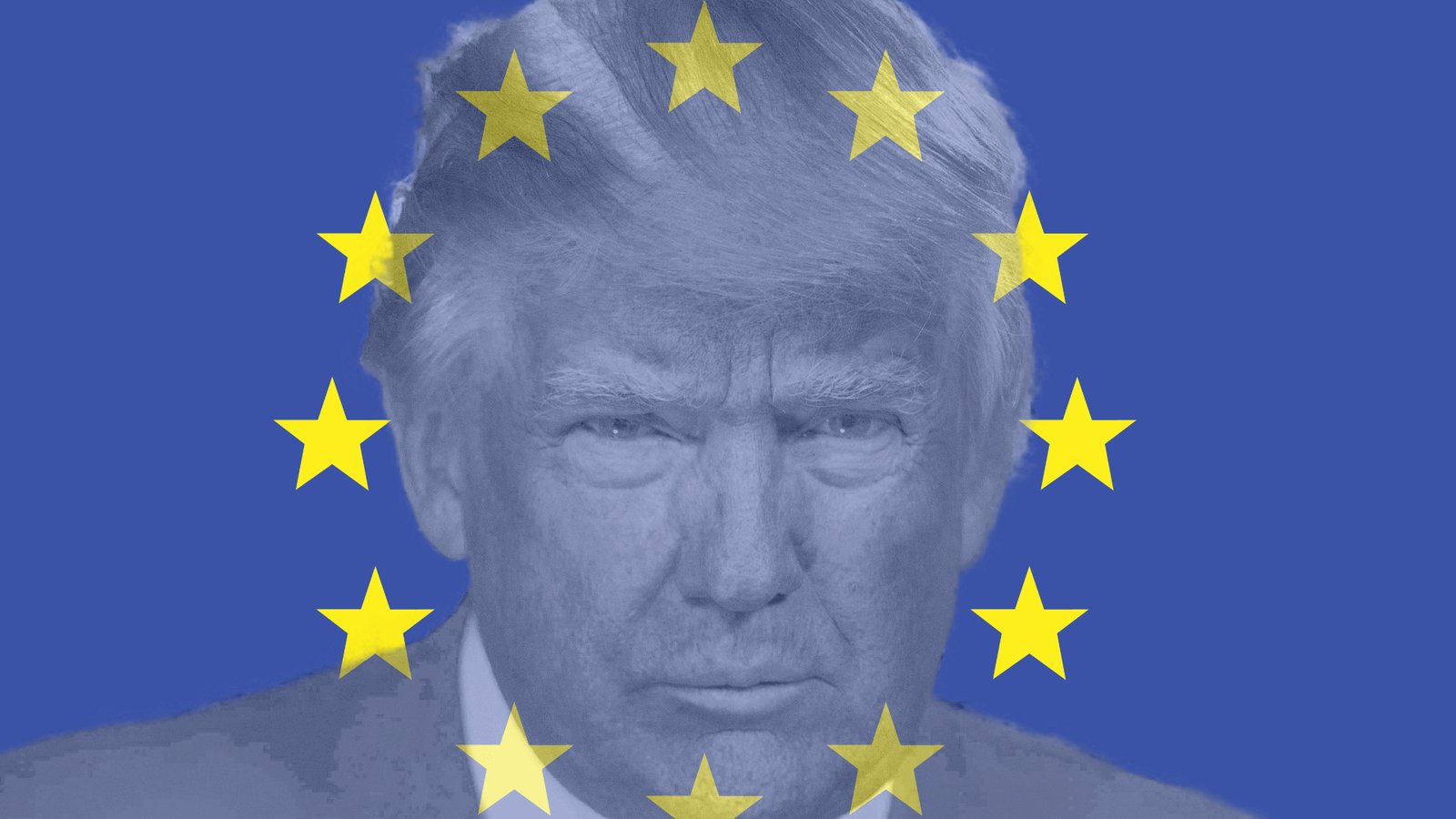Trump is making Europe the right destination for Americans
Over the last two decades, Europe has been crippled by a series of hardships. These challenges have weakened national economies and contributed to the gradual decline of European Union (EU) integration.
Among the most notable of these setbacks are the collapse of the Greek economy, resulting in the dramatic fall of the Euro, and the United Kingdom’s exit from the EU, widely known as Brexit. While these events may not be universally seen as catastrophic, they have significantly tarnished the EU’s credibility, prompting many member states to question the effectiveness of the Union’s model of economic integration, originally designed to foster growth and prosperity.
Despite its relatively small geographic size, Europe remains one of the most economically developed regions in the world, and its single market is one of the largest global trading blocs. This positions the continent favourably in welcoming new citizens and participants into its economy.
Europe is once again gaining influence on the global stage, as it seeks to revitalise its identity through modernised globalisation and a redefined model of prosperity, one that does not necessarily depend on full EU membership. While the conflict between Russia and Ukraine continues to cast a shadow, Europe is strengthening diplomatic and economic ties with countries outside the continent, reinforcing its role as a leader in international trade.
For many, Europe represents a sanctuary, a continent where diverse cultures coexist, and individual prosperity is within reach. The so-called “European Dream” draws inspiration from the American Dream, though it is often seen as more attainable and sustainable.
The promise of access to quality education, universal healthcare, and comprehensive social welfare is a major attraction, and Europe offers better accessibility to these services than many other regions. People from across the world migrate to Europe, particularly in pursuit of education and healthcare, hoping to elevate their quality of life and secure a better future.
In contrast, the United States under Donald Trump has taken a different path. His “Make America Great Again” slogan gained momentum during his campaign and secured him a return to the White House. Since his second inauguration, however, Trump’s decisions have been widely criticised. Many political analysts and publications including The Economist have described his first 100 days in office as erratic and hyperactive. His administration’s chaotic nature has generated fear and uncertainty among the American public, casting doubt over his legacy and placing him among the most controversial presidents since Franklin D. Roosevelt.
The early days of his presidency were met with disapproval, as the inauguration was perceived by many as an elitist gathering, with figures like Elon Musk re-emerging as political influencers.
Trump’s policies have continued to cause concern. Key decisions include the deportation of immigrants crucial to the US workforce, the imposition of protectionist tariffs that alienate vital trade partners, cuts to government funding for higher education, especially Ivy League institutions, and restrictions on foreign students seeking advanced degrees. Commentators argue these measures will have lasting negative effects on the US economy and global standing.
These missteps, however, may present opportunities for Europe. As Trump’s policies close doors, Europe is opening them, welcoming foreign students, skilled immigrants, and extending trade agreements beyond its traditional partners. European countries are positioning themselves as stable alternatives in education, labour, and international diplomacy.
The deepening relationship between the EU and China could transform the global trade landscape. Together, they could challenge the economic dominance of the United States. Europe’s strong educational systems, particularly in the UK, where degrees offer global recognition and value for money, are becoming increasingly attractive.
Despite its exit from the EU, the UK’s ongoing interest in rejoining the EU’s Single Market reflects a strategic opportunity to capitalise on the fallout from Trump’s policy decisions.
In short, while the EU faces its share of internal challenges, the missteps of others, particularly the United States, are creating new avenues for growth and reinvention. Europe may yet emerge not as a declining union, but as a revitalised force in global affairs.




